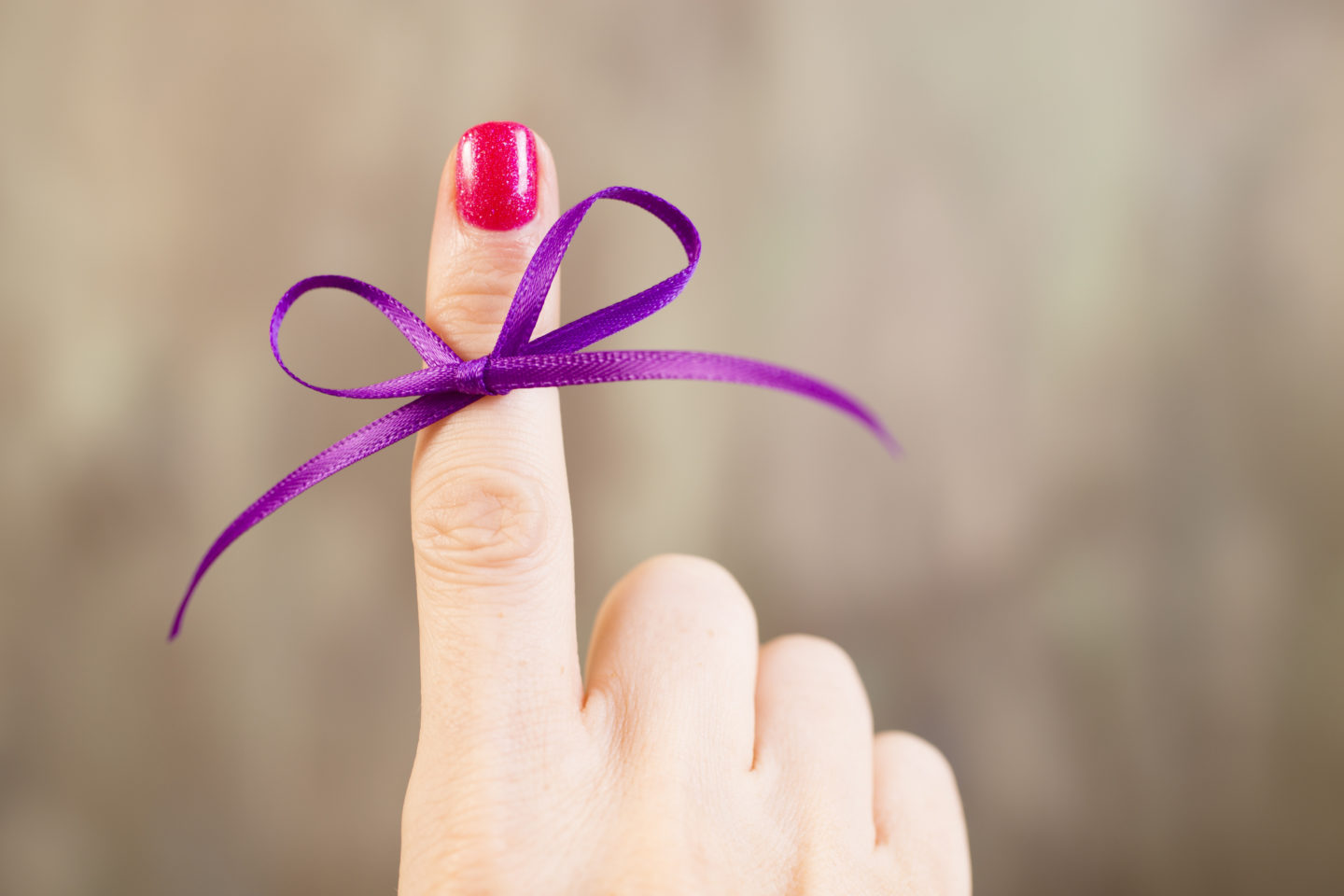As Domestic Violence Awareness Month comes to an end, it seems fitting to talk about the signs of an abusive relationship.
This article covers emotional abuse specifically, rather than domestic violence. Abuse is often an escalatory process; abusive relationships can start out picture-perfect, then start becoming increasingly toxic as time goes on. Domestic violence and emotional abuse often go hand-in-hand, and both are equally important to recognize. Below are three ways to identify the signs of an emotionally abusive relationship.
Gaslighting
When an abusive partner makes makes their victim feel crazy and hysterical for reacting to something they did, they are trying to gain control over their victim and invalidate their feelings. This is known as gaslighting, and is incredibly common in abusive relationships. Gaslighting is the “systematic attempt by one person to erode another person’s reality, by telling them that what they are experiencing isn’t so, and the gradual giving up on the part of the other person,” says Dr. Robin Stern, author of The Gaslight Effect. A victim of gaslighting will constantly question their emotions and wonder if they are overreacting; their world is shaped by the blame constantly put on them by their abuser. As Stern said, one of the dangers of gaslighting is that eventually, the victim starts to believe the lies and manipulation the abuser puts them through, and even starts to blame themselves for their partner’s abusive behaviors and reactions.
Isolation
A key goal of abusers is to control their victims; isolating the victim from their family, friends, and any other trusted confidantes is one typical way of doing so. Isolation doesn’t have to occur while the victim is physically with their partner. According to Break the Cycle, the abuser will make their victim check in on the phone with them wherever they are, or won’t allow the victim to go certain places or see certain people if they are not there. Isolation can also be a factor to financial abuse, where the abuser encourages the victim to quit their job so they can spend more time together. This makes the victim financially dependent upon the abuser.
Put-downs
An abuser will spend more time putting their partner down and discouraging them from trying new things than they will attempt to lift their partner up. Most abusive relationships don’t start out abusive; instead, the abuser charms the partner into commitment before the blame, negative talk, and lashing out begins. In a healthy relationship, partners will congratulate each other on their accomplishments, push each other to meet their goals, and support each other on the way. In an abusive relationship, an abuser may meet their victim’s successes with snide remarks and jealousy.
As mentioned before, emotional abuse frequently coexists with physical abuse. “95% of men who physically abuse their intimate partners also psychologically [or emotionally] abuse them,” according to the National Coalition Against Domestic Violence. If you or someone you know is experiencing signs of emotional abuse, please check out the resources below.
Emotional Abuse Help, Support and Recovery




comments